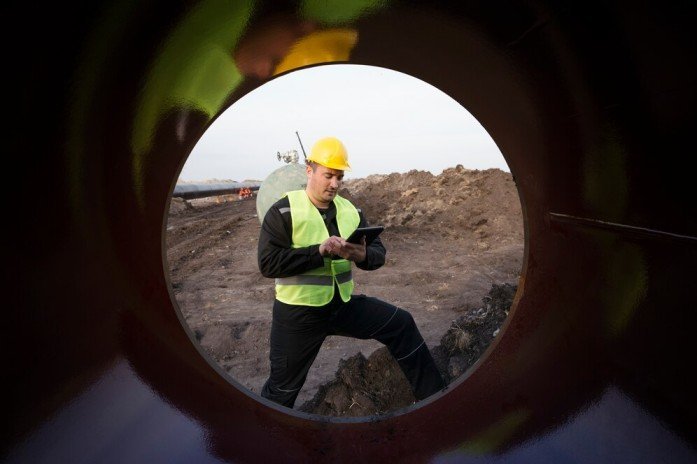What You Need to Know About Confined Space Certification
Discover why confined space certification is crucial for safety in industries like construction and manufacturing. Learn about training, compliance, and the benefits of certification.

In industries ranging from construction and manufacturing to utilities and emergency services, working in confined spaces is a necessary but potentially hazardous task. Enclosed or partially enclosed areas like tanks, silos, tunnels, and pipelines present unique challenges due to limited entry and exit points, restricted airflow, and the potential presence of hazardous substances. To ensure safety and compliance with regulations, workers entering these spaces must undergo specialized training and confined space certification.
Understanding Confined Space Certification
What is Confined Space Certification?
Confined space certification is a formal process that validates a worker’s competency to enter and work safely in confined spaces. It involves training sessions that cover the risks associated with confined spaces, proper entry procedures, the use of personal protective equipment (PPE), emergency procedures, and rescue techniques. Certification ensures that workers understand the hazards specific to confined spaces and know how to mitigate these risks effectively.
Why is Confined Space Certification Necessary?
The need for confined space certification stems from the inherent dangers posed by such environments. Confined spaces often have limited ventilation, which can lead to oxygen deficiency or the accumulation of toxic gases. Physical hazards like engulfment, entrapment, or mechanical dangers also increase the risks for workers. Certification ensures that individuals are equipped with the knowledge and skills to identify potential hazards, use safety equipment correctly, and respond appropriately to emergencies, thereby minimizing the likelihood of accidents and injuries.
Who Needs Confined Space Certification?
Anyone whose job requires them to enter confined spaces must undergo confined space certification. This includes workers in industries such as construction, manufacturing, utilities (water, gas, electricity), telecommunications, and emergency services (firefighters, rescue teams). Employers are responsible for ensuring that their workers are certified and competent to perform confined space entry work safely.
Where Can You Obtain Confined Space Certification?
Certification courses are typically offered by accredited training providers or safety organizations. These courses may be conducted onsite or at designated training facilities. Training programs vary in length and content but generally include theoretical instruction, practical exercises, and assessments to evaluate competency. It's essential for employers and workers to choose training programs that meet regulatory standards and address the specific risks associated with their industry.
When Should Confined Space Certification be Renewed?
Confined space certifications are not lifelong guarantees of competence; they must be periodically renewed to ensure that workers remain up-to-date with safety protocols and best practices. Renewal periods vary by jurisdiction and type of certification but typically range from one to three years. Regular renewal ensures that workers maintain their knowledge of evolving safety regulations and technologies, enhancing workplace safety and reducing the likelihood of accidents.
Benefits of Confined Space Certification
Investing in confined space certification offers several tangible benefits for both employers and workers:
-
Enhanced Safety: Certified workers are better equipped to identify and mitigate risks associated with confined spaces, reducing the likelihood of accidents and injuries.
-
Legal Compliance: Many jurisdictions mandate confined space training and certification as part of workplace safety regulations. Compliance with these regulations helps employers avoid fines and penalties.
-
Improved Efficiency: Properly trained workers can perform confined space entry tasks more efficiently and effectively, minimizing downtime and operational disruptions.
-
Risk Management: Certification equips workers with the skills to assess and manage risks proactively, contributing to overall risk reduction within the workplace.
Conclusion
Confined space certification is not just a regulatory requirement but a crucial component of workplace safety. By investing in proper training and certification, employers demonstrate their commitment to protecting the health and well-being of their workforce. Workers, in turn, gain the confidence and competence needed to perform their jobs safely in challenging environments. As industries evolve and safety standards advance, staying current with confined space certification ensures that businesses can navigate regulatory landscapes while maintaining high standards of safety and efficiency.
Whether you're a worker looking to enhance your skills or an employer seeking to mitigate risks, prioritizing confined space certification is a proactive step towards creating a safer working environment for all.
What's Your Reaction?










![Wireless Connectivity Software Market Size, Share | Statistics [2032]](https://handyclassified.com/uploads/images/202404/image_100x75_661f3be896033.jpg)



